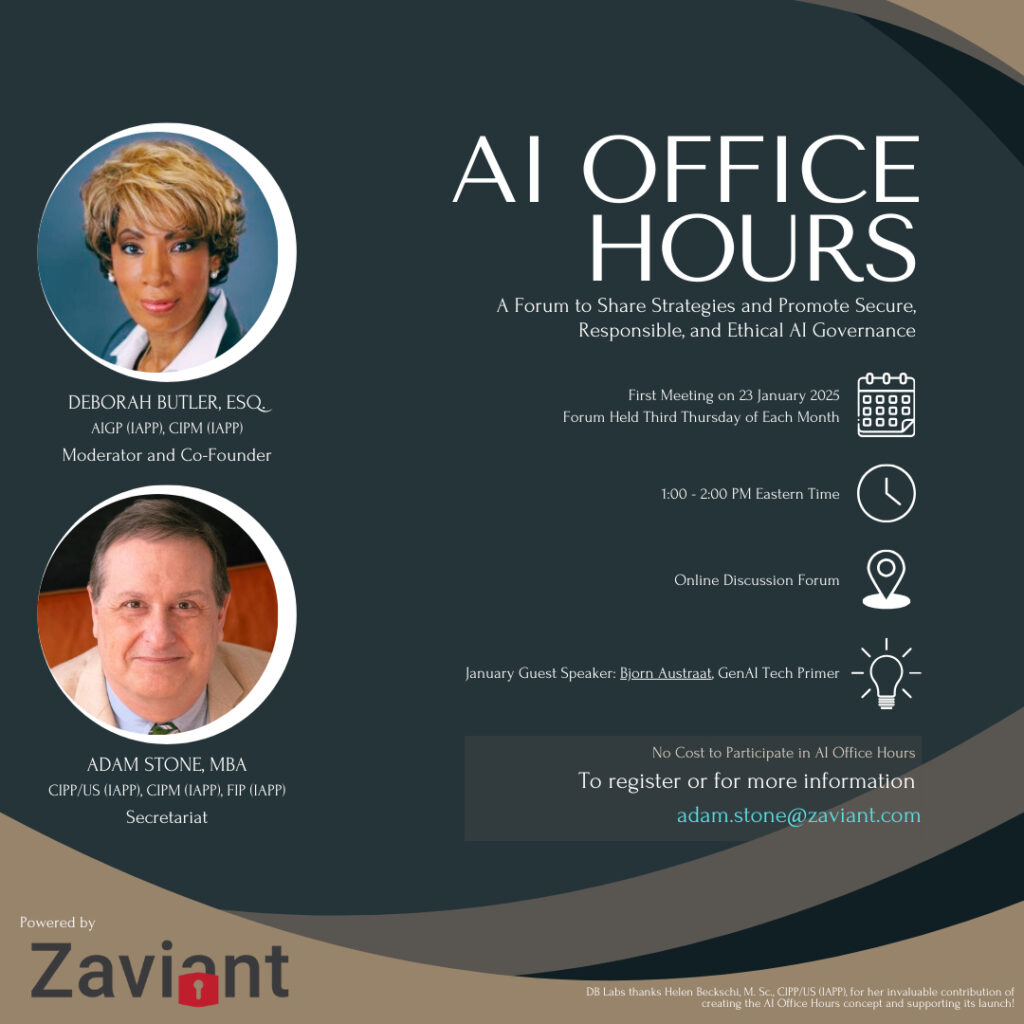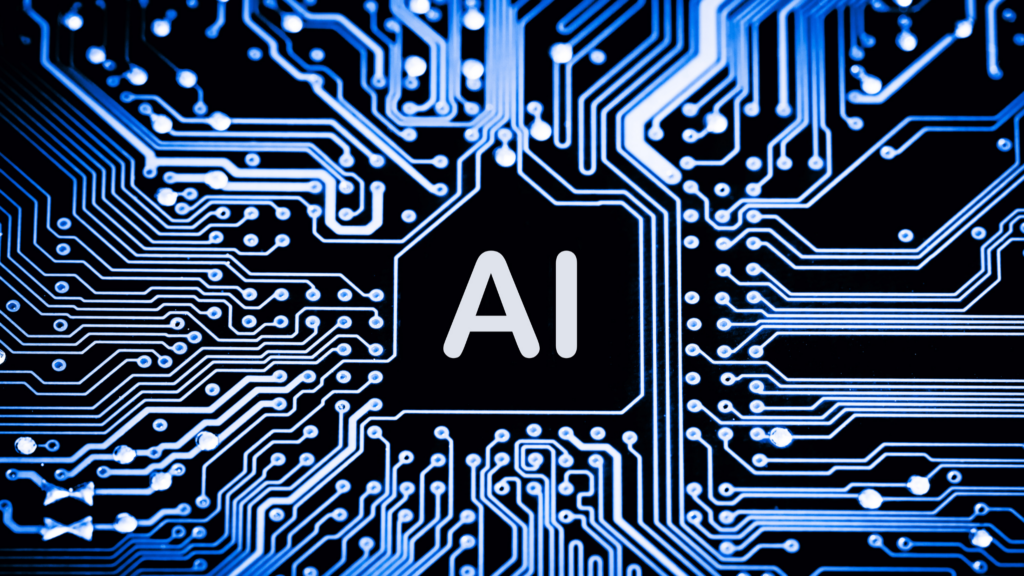Artificial intelligence (AI) has rapidly advanced over the last decade to a point where it can now outperform humans at tasks such as reading comprehension and image recognition.
- AI, Regulatory Compliance
How the SEC is Regulating the Future of Financial AI
-
By Zaviant

The financial industry is evolving quickly, with firms increasingly turning to Artificial Intelligence (AI) technology like AI-driven investment advice and automated trading systems to streamline operations and maintain their competitive edge. However, this technological integration has caught the attention of regulators.
In its FY 2025 Exam Priorities, the U.S. Securities and Exchange Commission’s (SEC) Division of Examinations has made clear that firms using these emerging technologies will face increased scrutiny to ensure they protect investors and uphold market integrity.
What is the SEC looking for in firms using AI tools?
The SEC wants to make sure that when firms use AI tools to give investment advice, they do so with transparency, accuracy, and in the best interest of investors. They will be checking that:
- What firms say about their tools is true and not misleading
- Their actions match what they’ve promised to investors
- Algorithm-generated advice fits each investor’s goals and risk tolerance
- There are systems in place to make sure the advice follows the rules, especially when it comes to protecting senior investors
AI monitoring across key functions
The SEC expects firms to implement clear policies and procedures with regards to the actual use of AI. Some key areas that the SEC will be monitoring are:
- Fraud prevention and detection
- Anti-money laundering (AML) efforts
- Trading operations
- Back-office processes
Data protection in AI tools
One major area of concern in all aspects of technology integration is data protection. In its 2025 Exam Priorities, the SEC specifically emphasizes the protection of client records when utilizing third-party AI models and platforms. According to a recent study by Metomic, AI data leaks have affected up to 68% of organizations—and less than a quarter of them have proper security procedures in place.
Organizations should be prepared to demonstrate:
- Their vendor evaluation and selection processes for third-party AI providers
- How they ensure compliance with data privacy and cybersecurity standards
- What steps they take to detect and respond to potential data breaches
Balancing innovation and responsibility
As AI continues to reshape the financial landscape, firms must balance innovation and responsibility to protect the best interest of their clients. Ultimately, the goal is to ensure AI provides value without compromising trust. For help with AI governance and risk management, reach out to Zaviant’s expert consultants, who work with Fortune 500 companies and other leading organizations around the world.
Share This Post
- Get The Latest In News & Insights
Explore solutions
Data Privacy, Security & Risk
Build or improve upon your data privacy policies and controls.
Platform Expertise
We tailors strategies to your unique risks and compliance needs, ensuring robust protection against cyber threats.
Regulatory Compliance & Frameworks
Zaviant's experts anticipate and mitigate cyber risks, safeguarding your data from diverse threats.






